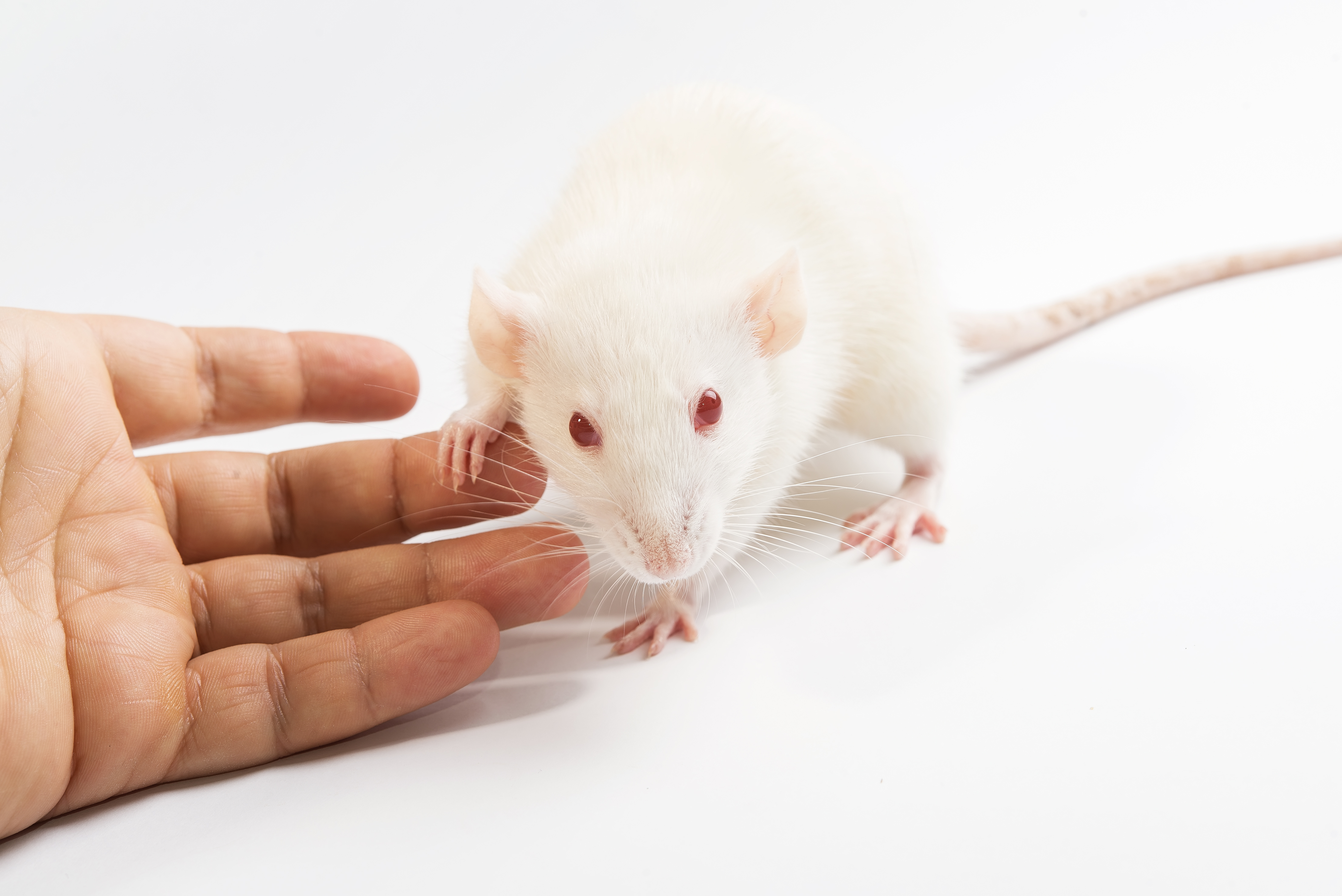Researchers from Baylor College of Medicine (BCM) recently released study results suggesting that autophagy, a critical immune system component, is necessary to protect against lung inflammation and fibrosis, even in the absence of any infections. The study, entitled, “Critical Role for IL-18 in Spontaneous Lung Inflammation Caused by Autophagy Deficiency,” was published in the latest edition of The Journal of Immunology.
Background Terminology:
- Sepsis: is a potentially life-threatening complication of an infection that occurs when chemicals released into the bloodstream to fight the infection trigger inflammatory responses throughout the body, possibly leading to death.
- Cytokines: cell signaling molecules that aid in cell to cell communication during immune responses and stimulate the movement of cells towards sites of inflammation, infection and trauma.
- Lysosomes: intracellular vesicles containing hydrolytic enzymes capable of breaking down virtually all kinds of biomolecules, including proteins, nucleic acids, carbohydrates, lipids, and cellular debris.
The study was conducted in the laboratory of Dr. Tony Eissa, MD, professor of pulmonary medicine, BCM. Dr. Eissa’s research is focused on the regulation of autophagy and the utilization of lysosomes in innate immunity, as it relates to determining the molecular pathways regulating autophagy during infection.
About the Study
In this study, Dr. Eissa and colleagues used a mouse model to study the impact of autophagy deficiency on immune system. The primary study finding showed that in the absence of genes that encode for autophagy (Atg7or Atg5) the mice presented with spontaneous lung inflammation, characterized by marked recruitment of inflammatory cells, associated with an increase in several proinflammatory cytokines. Another important study finding was observed when the autophagy deficient mice were given the drug bleomycin, known to cause pulmonary fibrosis, and these animals exhibited severe pulmonary fibrosis. This shows that autophagy may play a protective role against pulmonary fibrosis.
In a University press release about the study, Dr. Eissa, stated, “What’s new in this is that we found that even in the absence of infection, this process is important to prevent spontaneous inflammation. Without the housekeeping mechanisms of autophagy, we found that there was inflammation in the lung caused by the activation of a complex called inflammasomes,” responsible for producing cytokines that cause inflammation. When people get sepsis, they have a drop in blood pressure, develop shock and also have lung inflammation. It was not clear until now where the lung inflammation came from.”
Dr. Eissa, continued, “When we neutralize the cytokine called interleukin (Il) β, we can prevent the systemic manifestation of sepsis in mice. But only when we neutralize Il-18 (the other cytokine) can we halt the lung inflammation. This has important implications for the treatment of sepsis in critical care. This increases our understanding of what molecules direct the pathological process systemically and in the lung. The more we understand this, the better chance we have to develop a new therapy to interfere with these two processes.”

